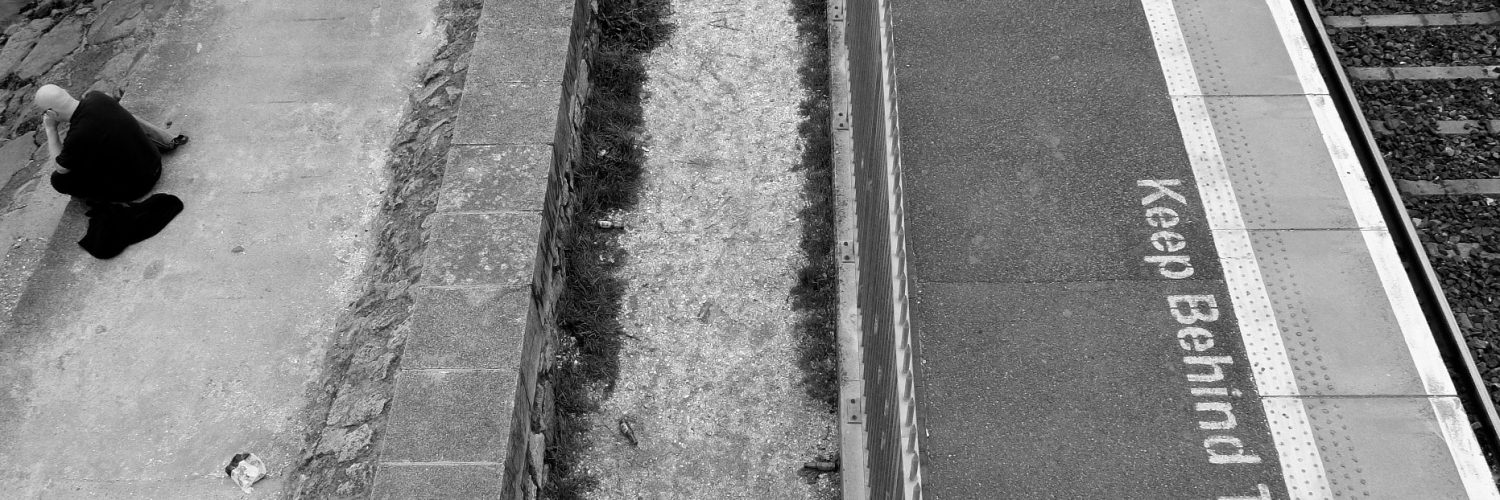On the surface, the Downtown Project appears to be a serious commitment to the Jacobs’ “ballet of the street.” It presents all the latest notions of the city as a sustainable, walkable, spontaneously creative space built out of the existing city. Inspired by Harvard economist Ed Glaeser’s free-market urbanist bible, The Triumph of the City, it takes the hacker ethos, the latest academic research, complexity theory and places them in the real world. If you go by what the mass media says, this is a bold move, a bet on the powers of the city.
But can one re-imagine the dynamics of the city in the same way one thinks about a tech startup? The rhetoric of Startup Urbanism offer a new vocabulary that foregrounds disruption, open source, and connectedness as values that can be transposed from the Internet straight onto the organization of our cities streets. It supposes that, if you can get the code right, the script will run without glitches. However, such technological solutionism is simplistic, naïve at best, and, more likely, dangerously short-sighted.
The city is not a startup. It is not a market than needs to be disrupted in order to stimulate competition and growth. The city is not a platform that can be hacked. Despite the optimistic talk, it is an old language that is being spoken here: Startup Urbanism is gentrification by another name. …
Source: www.shareable.net
A cidade não é uma startup!
See on Scoop.it – Informational Territory

